Contents
The healing properties of the Chinese date unabi are well known in the East. There, for thousands of years, different parts of the plant have been used to treat mental and bodily ailments, achieving impressive results. In the southern regions of the countries of the former Soviet Union, traditions are not so ancient, but even there the beneficial properties and contraindications of jujube are known. Crimean sanatoriums, for example, recommend that hypertensive patients, instead of taking medication, eat 20 fresh small unabi fruits three times a day after meals.
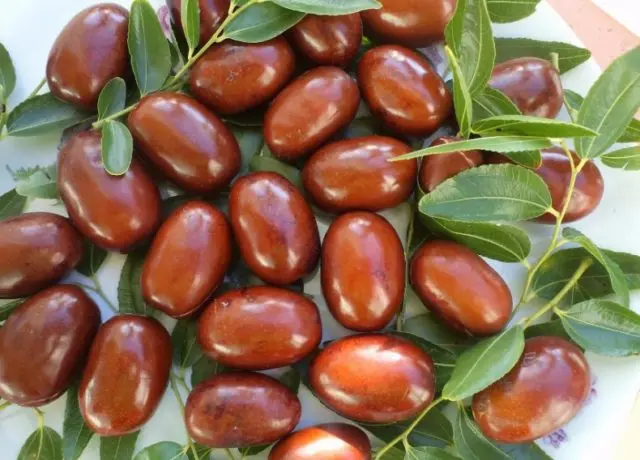
What is “unabi”
Ziziphus jujuba or Zizifus Present – a species of the genus Zizifus, the buckthorn family (Zhosterovye). It is known under different names – jujuba or jujuba, Chinese date, hinap, unabi, juju. Sometimes on the Internet, jojoba is added to the list for unknown reasons. But this plant has so little in common with jujube that they are united only by the class – Dicotyledons.
Photo of Chinese date unabi
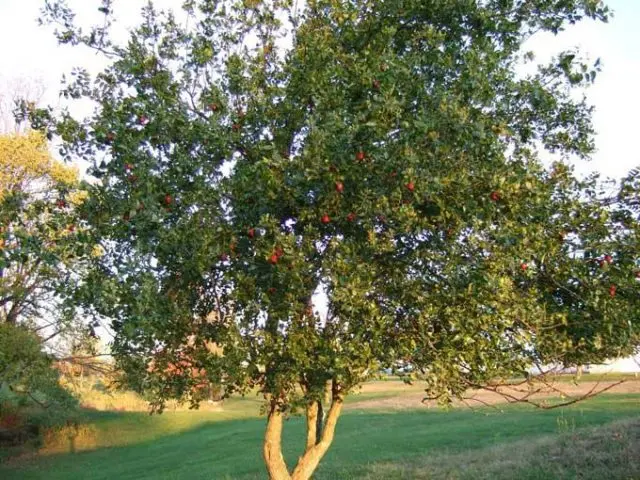
What does jujube look like
Unabi is a large shrub or small tree 5-12 m high with an openwork spreading crown. This is a branch-falling species, in which only skeletal shoots are permanent, characterized by thick, dark, smooth bark, cracking with age. Fruit branches are burgundy, fall off at the end of autumn, and grow back in spring. In specific jujube and some varieties, they are covered with spines.
The leaves of jujube have a length of 3 to 7 cm, a width of 1-2 cm, an elongated oval shape with a pointed tip and a rounded base. To the touch, they are quite dense, glossy, distinguished by two pronounced longitudinal stripes framing the central vein.
Greenish-yellow unabi flowers have an original star shape. In late spring or early summer, when the buds open, they densely dot the young branches, hold on for a long time, and open at the same time. The flowering period is extended for two or three months, which only adds to the decorative effect of the plant.
Photo of a jujube tree (unabi) during flowering and the beginning of fruiting
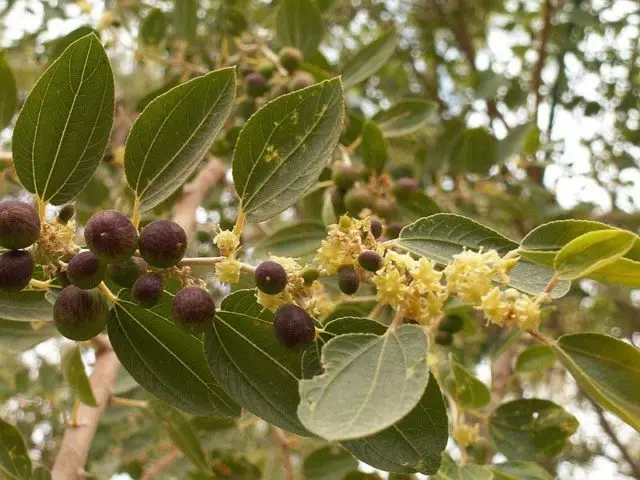
The fruits of jujube are a drupe with two seeds. In species plants, their length reaches 2 cm, and their weight is 25 g. Varietal unabi can be twice as heavy, and reach a size of 5 cm. Their shape is diverse – almost round, oval, pear-shaped, but the color always changes from greenish-yellow to brown only the shade is different. Sometimes the fruits of jujube are covered with characteristic specks.
Unripe unabi can be juicy and have an apple flavor. After full ripening, their pulp becomes mealy and very sweet, which is why jujube is often called Chinese dates.
Unabi fruits do not ripen at the same time due to extended flowering. They begin to collect in October, and finish just before the frost. Even fully ripe fruits of jujube hang on the branches for a long time – they dry up there, but this only makes them tastier.
In the fifth zone or in a rainy summer, unabi may not have time to fully ripen. Then they are collected greenish, “finished” in a closed warm room.
Unabi grown from seed begins to bear fruit in 3-4 years. The grafted variety may flower the following season. The jujube lives up to 100 years, 50 of which bears fruit regularly and abundantly, another 25-30 – giving more than 50% of the possible harvest.
Photo of unabi fruits
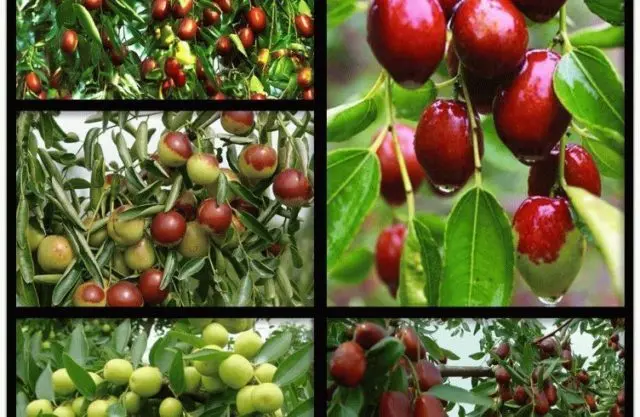
How it grows
Jujube needs hot, dry weather in summer and cool weather in winter for normal growth and fruiting. During the dormant period, the most comfortable temperature is slightly above or below 0 ° C. In regions with hot and harsh winters, it is equally difficult to grow unabi.
Almost any soil is suitable for jujube – from very poor to black soil, with a wide range of acidity. It is important that they are well drained.
Unabi is an extremely heat-resistant crop. At a temperature of 40 ° C, his leaves do not even wither. The plant does not need irrigation, and in rainy summer it gives a poor harvest – the ovaries crumble from high humidity.
Regarding the resistance of jujube to low temperatures, opinions differ. According to official data, at -20 ° C, some of the branches freeze out, but then recover. And since the unabi crop is formed on the growth of the current year, the fruiting does not suffer.
Where grows
Ziziphus has been cultivated more than 4 thousand years ago, and in many regions it has become an invasive species. It is believed that its homeland is the territory of modern Lebanon, southern and central China, northern India. Wild unabi thickets, in addition to the ancestral home, can be found on some Caribbean islands, Madagascar, the Caucasus, Central Asia, Iran, Afghanistan, Japan, the Himalayas.
Unabi is a valuable food and medicinal crop, grown wherever the climate allows. He needs a hot, dry summer, a cool wintering – no higher than 5-10 ° C. In Africa, it is too hot for Real Ziziphus – other species of the Ziziphus genus are popular there.
On the territory of the former Soviet Union, unabi grows in the Crimea, Central Asia, Moldova, on the Black Sea coast, and the Caucasus. Recently created varieties have significantly expanded the geography of culture. More resistant to frost than a species plant, they are planted not only in the Krasnodar Territory, but also in the Voronezh or Rostov Region.
In other regions, jujube can safely produce crops for several years if there are mild winters, and then freeze partially or completely. Covering an adult plant is difficult due to its size.
Photo of unabi trees growing on a plantation in Crimea

How to eat jujube
Unabi fruits are eaten fresh in an unripe form, when their taste is similar to an apple, and ripe – then the flesh becomes mealy, like a date.
Dried jujube is consumed like other dried fruits, and some Arab tribes grind it up and use it as a bread substitute.
Berries are widely used in cooking.
The composition and calorie content of jujube
The composition of fresh and dried unabi fruits includes the same useful substances, but their amount in 100 g of the product differs markedly.
The composition of the fruits of jujube | Свежие | Dried |
А | 40 μg | 0 |
iron | 0,48 mg | 1,8 mg |
calorific value | 79 kcal | 287 kcal |
carbohydrates | 20,23 g | 73,6 g |
fats | 0,2 g | 1,1 g |
proteins | 1,2 g | 3,7 g |
water | 77,86 g | 19,7 g |
Vitamins | ||
V1 | 0,02 mg | 0,21 mg |
V2 | 0,04 mg | 0,36 mg |
V3 | 0,9 mg | 0,5 mg |
V6 | 0,81 mg | 0 |
С | 69 mg | 13 mg |
Trace Elements | ||
calcium | 21 mg | 79 mg |
potassium | 250 mg | 531 mg |
magnesium | 10 mg | 37 mg |
manganese | 0,084 mg | 0,305 mg |
sodium | 3 mg | 9 mg |
phosphorus | 23 mg | 100 mg |
zinc | 0,05 mg | 0,19 mg |
In addition, jujube contains:
- polysaccharides;
- alkaloids;
- flavonoids;
- saponins;
- organic acids.
What helps unabi
Fruits, bark, leaves, seeds and roots of jujube have been used in Chinese and Korean folk medicine since ancient times. The healing properties of unabi are used as a means of:
- antifungal;
- antibacterial;
- for the treatment of ulcers;
- antiseptic;
- anti-inflammatory;
- to relieve stress;
- sedatives;
- antispastic;
- to increase hemoglobin;
- contraceptive;
- with constipation;
- hypotensive (reducing pressure);
- cardiotonic (increasing myocardial contractions);
- with some kidney problems;
- antioxidant;
- with chronic hepatitis;
- antitumor;
- immunostimulating;
- wound healing;
- with convulsions;
- contributing to weight gain;
- for the treatment of diseases of the respiratory system.
The leaves of jujube contain jujube, which temporarily suppresses the taste buds responsible for the perception of sweet and bitter. This property is used in the manufacture of some drugs.
What are the benefits of jujube fruits
In the previous chapter, the beneficial properties of the Chinese date jujube for the body were listed. But some substances contained in unabi have a rather specific effect, which should be mentioned separately.
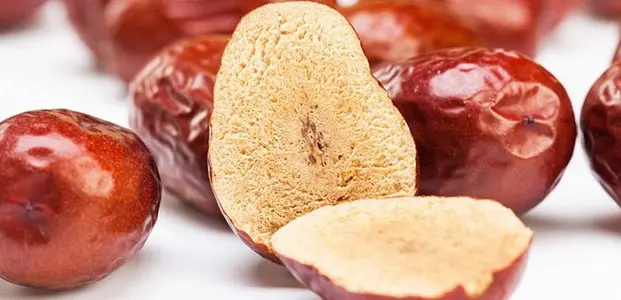
Useful properties of unabi for men
Jujube can preserve men’s health until old age. Regular consumption of fruits prevents the development of prostatitis and enhances potency. In the Muslim world, unabi is generally considered a male berry.
What is useful unabi for the female body
The benefits and harms of jujube can bring the weaker sex. It is believed that its fruits are able to prevent pregnancy, but you should not rely on it. But women who want to become mothers need to give up unabi not only during childbearing, but also at the planning stage.
But after the appearance of the baby, moderate consumption of jujube fruits enhances lactation and improves the quality of breast milk.
Is it possible for children to eat Chinese dates
Children under five years of age should not be given jujube at all. Older children can eat it only after consulting a doctor, and in the doses allowed by him:
- Unabi lowers blood pressure, and children and adolescents often suffer from hypotension, which disappears with age.
- Jujube berries have diuretic properties, and for babies this may be completely inopportune.
- Excess weight is a direct contraindication to taking dried unabi fruits.
- The sedative properties of jujube may be too strong for a fragile body. Although, on the other hand, for hyperactive and hysterical children, unabi can become a substitute for drugs of chemical origin.
- Ziziphus increases hemoglobin.
- For modern children, diseases of the respiratory system have become a real problem; unabi fruits can also help here.
So it is up to the doctor to decide whether it is possible for a child under 12-14 to eat jujube. Another thing is if the family lives in an area where unabi is the same familiar fruit as an apple or a pear in the rest of Our Country. There, adults know perfectly well, without any consultation, how much and when berries can be given to a child.
How to take unabi for medicinal purposes
The fruits of jujube are usually eaten fresh or dried, compote is prepared, for rinsing – a decoction or infusion.
The bones are ground, boiled, topped up with alcohol or vodka. Taken as prescribed by a doctor.
Decoctions, water or alcohol infusions are prepared from the leaves and bark of jujube.
The use of jujube leaves
To relieve toothache, fresh jujube leaves are chewed. The effect occurs after a few minutes, however, at the same time, the sweet and bitter taste ceases to be felt.
Decoctions are used for gargling, and with the help of infusions they reduce pressure.
Teas from the leaves of jujube relieve nervous and muscular tension, are used in the treatment of depression.
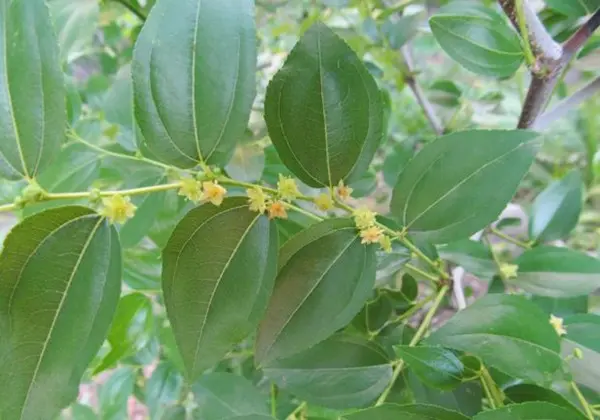
How to brew decoctions and infusions from unabi
Decoctions and water infusions are prepared from the leaves, fruits and seeds of jujube. It will not work to make a “magic potion” according to one recipe, and then take it from various diseases, changing the dosage. In each case, the preparation of the drug will be different. The boiling time, proportions, time of infusion of raw materials differ.
How to make jujube tinctures on vodka, on alcohol
There are different recipes for tinctures from unabi. But the fruits are best eaten fresh or made from them decoctions. The same goes for leaves. But it is more difficult to “pull” the maximum of useful substances from the bones:
- Grind jujube seeds (100 g), pour 0,5 l of water.
- Bring to a boil, reduce heat. Keep on the stove for 15-20 minutes.
- Cool, strain.
- Add 200 ml of medical alcohol.
How to take unabi
An adult person can eat quite a lot of jujube fruits at a time. Some of the substances contained in them will simply be excreted from the body unprocessed. But infusions and decoctions are absorbed much better, and, in fact, are concentrates. They need to be taken carefully, it is better – after consulting a doctor. In any case, overdose should not be allowed.
How to use unabi (jujube) for pressure
It is best to eat three times a day in season after eating 20 Chinese dates. The course of treatment is from 10 to 20 days. You can set a minimum for yourself. For more than 15 days, 60 jujube berries are eaten after consulting a doctor.
But it is not always possible to get fresh unabi fruits, besides, it is still a seasonal fruit. They can be replaced with dried ones and taken as a decoction:
- Pour 40 g of dry jujube into 400 ml of boiling water.
- Bring to a boil.
- Cover with a lid and wrap.
- Take 100 ml 4 times a day after meals.
The course of treatment is 15 days.
To strengthen the body
In 500 ml of water, 30-4 jujube berries are boiled for 5 minutes. Cool and top up to original volume. 15-20 minutes before meals take 100 g of decoction. The course is 10-15 days.
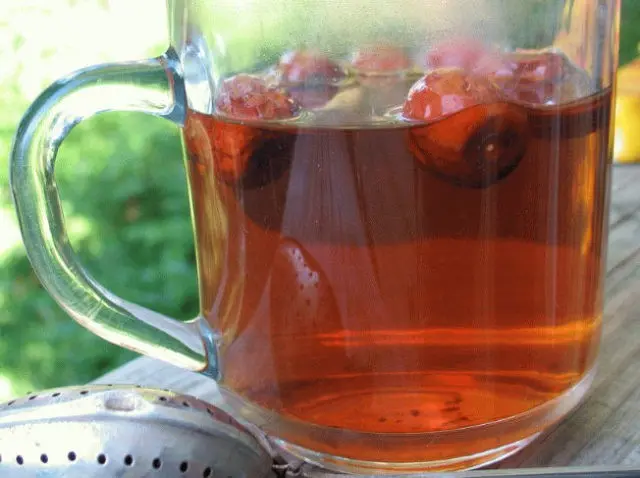
For constipation
In the morning, 15-20 minutes before the first meal, eat 5 ripe or dried jujube berries. Wash down with a glass of warm boiled water.
From insomnia
To normalize sleep, you can take 1 tbsp in the evening. a spoonful of jujube tincture, the recipe of which is given above. If there is no improvement within a week, you should consult a doctor. Sleep disorder is a dangerous problem, especially for people over 30 years old.
For depression and stress
For serious long-term mood disorders, you should consult a doctor. Willpower will not help here, just like unabi or other self-appointed herbs-chocolates-fruits. If this is just an episode in the life of an impressionable person, you can carry dried jujube berries in your pocket and eat one or two from time to time.
Drinking alcohol tincture is not recommended, since during depression there is a high probability of various addictions.
With anemia
Compote of jujube can help with anemia. To prepare it, 10 dried unabi berries are poured into 500 ml of water, boiled for 20 minutes, insisted for an hour. Take 100 ml 3 times a day.
Used in cosmetics
When caring for hair, not the fruits of jujube are often used, but decoctions of its bark, leaves or roots. They help with dandruff, blockage of the sebaceous glands. In addition, rinsing with decoctions and infusions strengthens hair and prevents hair loss.
Unabi treats all types of dermatitis, acne, acne. Fresh jujube leaves are crushed, mixed with olive oil in a ratio of 1:5, heated in a water bath to 90 ° C. Stored in a refrigerator.
Cooking application
Sweets are made from jujube: candied fruit, jam, marmalade, sweets.
Unripe unabi fruits are salted and pickled.
Jujube goes to make vinegar.
Unabi is used to obtain syrup, juices, and other sweet drinks.
A specific traditional tea is prepared from the leaves and fruits of jujube in China and Korea.
Ripe and greenish unabi is a part of sweet, meat dishes, soups.
The fruits are stuffed and used as a snack.
Many peoples prepare alcoholic drinks from unabi – from wine to brandy.
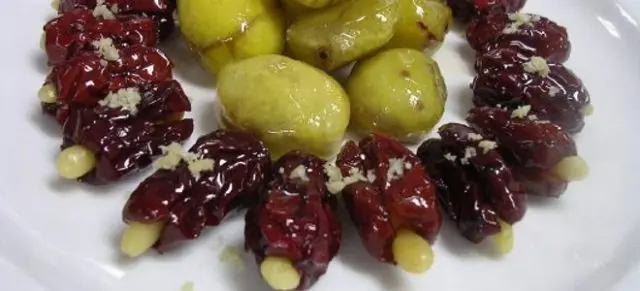
Limitations and contraindications
In Chinese unabi dates, the benefits and harms are incomparable. However, it is necessary to have information about contraindications:
- Children under 5 years of age should not eat jujube. Then it can be given little by little, gradually increasing the number of berries.
- During pregnancy, jujube is contraindicated.
- You can’t eat unabi for hypotensive patients – it lowers blood pressure.
- In type XNUMX diabetes, dried jujube fruits are strictly contraindicated, and fresh ones can be consumed only after the doctor’s permission. Patients who do without insulin (type XNUMX) should also be consulted about the possibility of eating unabi berries. In any case, with diabetes, jujube is rather an undesirable product.
- People who are overweight should ask their doctor for permission to consume dried unabi fruits and processed ripe berries. On the one hand, they speed up metabolic processes, have diuretic properties, and on the other hand, they contain a lot of calories.
- With caution, you need to use jujube for the elderly and when driving vehicles.
- We should not forget about individual intolerance. It also happens on unabi, albeit infrequently.
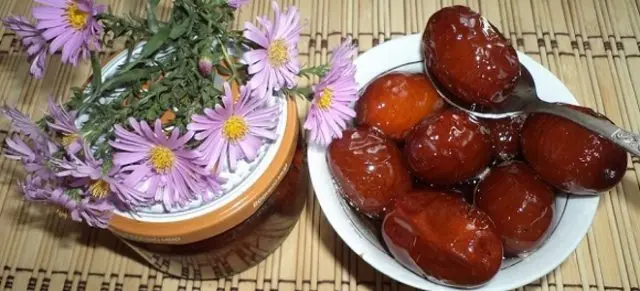
Conclusion
The healing properties of the Chinese date unabi are generally recognized. Ziziphus took fifth place in the ranking of the most useful plants. But this does not mean that you can eat it as much as you like and whenever you want, especially if there are contraindications.









